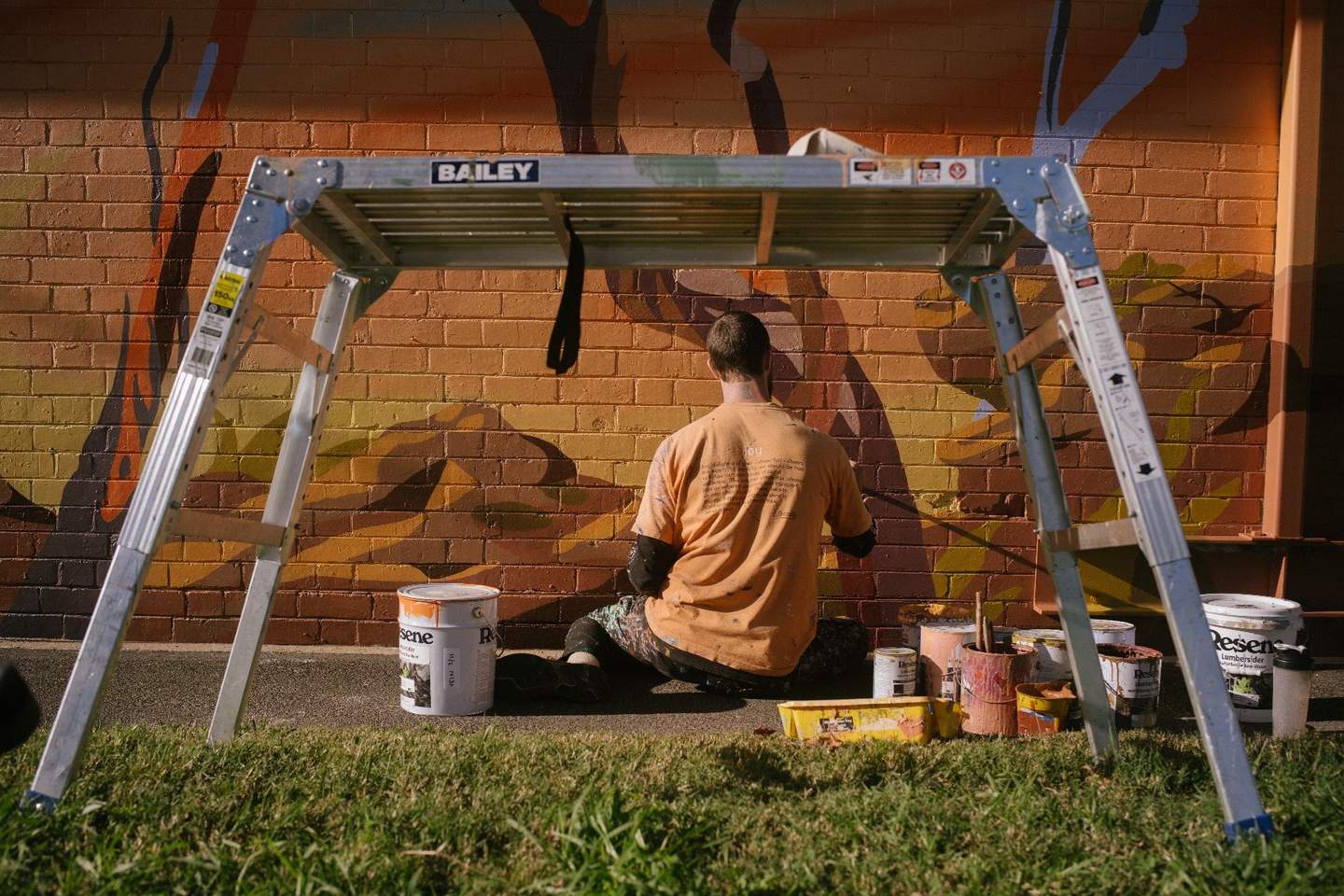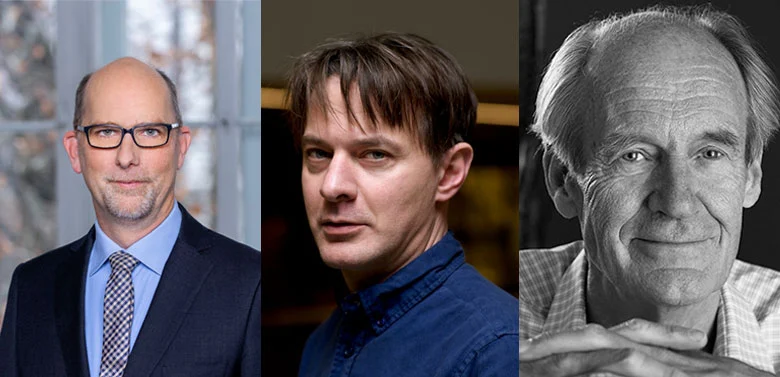The City of Melbourne will invest $1 million to establish two new waste and resource recovery hubs in the CBD to help businesses reduce waste and limit the number of bins in our laneways.
Lord Mayor Sally Capp said the 2020-2021 draft Annual Plan and Budget includes $24 million on residential and commercial waste services, with an additional funding to be invested in the new commercial waste and recycling hubs.
“The hubs will allow us to remove 110 commercial bins from city laneways. By increasing waste and recycling options for businesses we can cut 7000 waste collection truck trips from the city each year,” the Lord Mayor said.
“We know there are around 1000 individual bins stored on public property across the central city. Bins in laneways take up space and can cause odour, visual pollution and attract vermin.”
“By creating more resource recovery hubs we can reduce noise, smell, congestion and mess.”
City of Melbourne Environment portfolio chair Cr Cathy Oke said 51 new recycling bins will be installed on city streets this month with solar-powered sensors to alert waste collectors when the bins need to be emptied.
“Solar powered compactor bins have already helped us cut the number of rubbish truck collections down from 90,000 a month, to just 12,000 a month,” Cr Oke said.
“Like the solar rubbish bins, solar recycling bins will use gentle compaction to increase capacity to about six times that of a regular recycling bin, which means they don’t need to be emptied as often.
“This helps reduce the number of trucks on our roads, which is great for city amenity and helps to reduce our carbon footprint.”
The new recycling bins will complement the city’s 396 solar compactor rubbish bins which were installed in 2018, and are in addition to the city’s 232 existing public recycling bins.
The solar recycling bins will be installed next to existing solar waste bins, with signs to show what can be recycled. Locations include Swanston Street, between Flinders and Franklin streets; Elizabeth Street, between Flinders and Lonsdale streets; Bourke Street Mall; Southbank Promenade and Southern Cross Station.
Cr Oke said the new waste and resource recovery hubs and solar recycling bins are part of Council’s commitment to investigate new opportunities to manage litter, and to stimulate circular economy solutions for waste.
“Both these initiatives will support our move towards a circular economy where we maximise reuse, recycling and recovery, and minimise waste to landfill,” Cr Oke said.
“We’re also continuing to support businesses and community groups to reduce waste through $200,000 in grants through the Waste Minimisation and Innovation Fund.”
“We’ve faced enormous challenges this year, with devastating bushfires followed by COVID-19, and it’s important that we continue to take climate action while responding to these events.”
The City of Melbourne has three waste and recycling collection facilities for the commercial sector:
- Degraves Street Recycling Facility processes food waste and collects glass, steel, aluminium, plastic and cardboard generated from more than 100 cafes and restaurants
- Five communal waste compactors in laneways that take waste from more than 480 businesses
- Eleven recycling hubs offering free recycling to businesses, with an additional 175 cardboard bins in 68 laneways across the central city.
Public submissions on the draft Annual Plan and Budget 2020-21 are open until 5pm on Wednesday 17 June 2020.
To have your say, visit participate.melbourne.vic.gov.au







